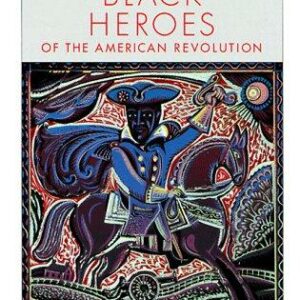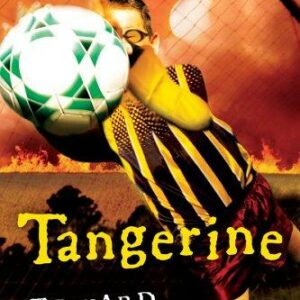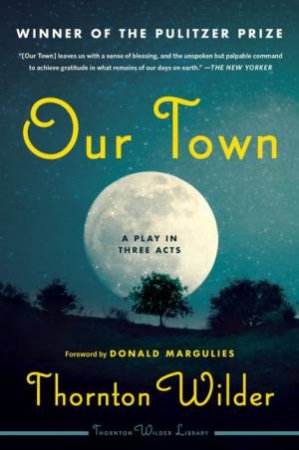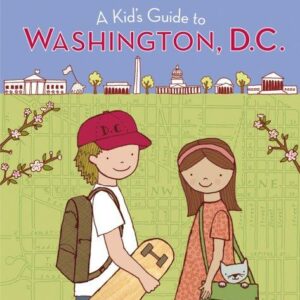Chinese Americans in the Heartland
$120.00
| Title | Range | Discount |
|---|---|---|
| Trade Discount | 5 + | 25% |
- Description
- Additional information
Description
The term “Heartland” in American cultural context conventionally tends to provoke imageries of corn-fields, flat landscape, hog farms, and rural communities, along with ideas of conservatism, homogeneity, and isolation. But as the Midwestern and Southern states experienced more rapid population growth than that in California, Hawaii, and New York in the recent decades, the Heartland region has emerged as a growing interest of Asian American studies. Focused on the Heartland cities of Chicago, Illinois and St. Louis, Missouri, this book draws rich evidences from various government records, personal stories and interviews, and media reports, and sheds light on the commonalities and uniqueness of the region, as compared to the Asian American communities on the East and West Coast and Hawaii. Some of the poignant stories such as “the Three Moy Brothers,” “Alla Lee,” and “Save Sam Wah Laundry” told in the book are powerful reflections of Asian American history.
Focused on the Heartland cities of Chicago, Illinois and St. Louis, Missouri, this book draws rich evidences from various government records, personal stories and interviews, and media reports, and sheds light on the commonalities and uniqueness of the region, as compared to the Asian American communities on the East and West Coast and Hawaii. Some of the poignant stories such as “the Three Moy Brothers,” “Alla Lee,” and “Save Sam Wah Laundry” told in the book are powerful reflections of Asian American history.
HUPING LING, professor emerita of history at Truman State University in Kirksville, Missouri, served as the executive editor-in-chief for the Journal of Asian American Studies from 2008 to 2012. A prize-winning author, she has authored or edited over thirty books and published over 200 articles on Asian American studies.
Illustrations
A Note on Translation and Terminology
1. Introduction: Defining the Asian American Heartland and Its Significance
Part I. Transnational Migration and Work
2. Transnational Migration and Businesses in Chinese Chicago, 1870s-1930s
3. Building “Hop Alley”: Myth and Reality of Chinatown in St. Louis, 1860s-1930s
4. Intellectual Tradition of Heartland: Chicago School and Beyond
Part II. Marriage, Family, and Community Organizations
5. Family and Marriage in Heartland, 1880s-1940s
6. Living Heartland: 1860s-1950s
7. Governing Heartland: On Leong Chinese Merchants and Laborers Association, 1906-1966
Part III. New Community Structures
8. The 1965 Immigration and Nationality Act and the Formation of Cultural Community in St. Louis
9. The Tripartite Community in Chicago
10. Conclusion: Convergences and Divergences
References
A Note on Translation and Terminology
1. Introduction: Defining the Asian American Heartland and Its Significance
Part I. Transnational Migration and Work
2. Transnational Migration and Businesses in Chinese Chicago, 1870s-1930s
3. Building “Hop Alley”: Myth and Reality of Chinatown in St. Louis, 1860s-1930s
4. Intellectual Tradition of Heartland: Chicago School and Beyond
Part II. Marriage, Family, and Community Organizations
5. Family and Marriage in Heartland, 1880s-1940s
6. Living Heartland: 1860s-1950s
7. Governing Heartland: On Leong Chinese Merchants and Laborers Association, 1906-1966
Part III. New Community Structures
8. The 1965 Immigration and Nationality Act and the Formation of Cultural Community in St. Louis
9. The Tripartite Community in Chicago
10. Conclusion: Convergences and Divergences
References
"Analyzing the transnational migration, economic activities, marriages and families, social organizations, and community transformations of Chinese Americans in Chicago and St. Louis, Chinese Americans in the Heartland makes a significant contribution to the literature in Chinese American studies and Asian American studies and shifts the heartland research from the margin closer to the center. This excellent book sets an example for other location-specific historical analyses of Asian America to follow."
"Professor Huping Ling is a pioneering chronicler of the movement and settling of Chinese and other Asian migrants to the US Midwest. Building on her prior books, she lays the foundation for understanding the rapidly emergent regional, racial, and nuanced ethnic racialized politics of the 'American heartland'—a sociological history that coastal-oriented scholars have largely ignored. Chinese Americans in the Heartland is a valuable, meticulously researched transnational history."
Additional information
| Weight | 1 oz |
|---|---|
| Dimensions | 1 × 6 × 9 in |








